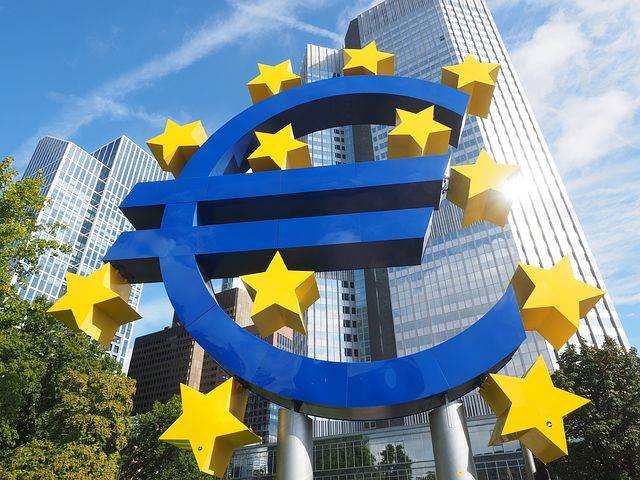 ECB executive board member Benoît Cœuré, also a very solid contender to succeed the current ECB president Mario Draghi, said that the markets are sending "bleak" signals that are contradicting positive economic data.
ECB executive board member Benoît Cœuré, also a very solid contender to succeed the current ECB president Mario Draghi, said that the markets are sending "bleak" signals that are contradicting positive economic data.
“The constellation of prices in the bond market paints a picture of the global economy which is very bleak,” said Cœuré on an interview, adding that central banks shouldn't ignore them though they shouldn't "follow them blindly either."
Cœuré also said that policymakers should make sense of this discrepancy between the economic data and the market prices, and also said that the ECB is "talking about contingency planning," adding that the bank had several instruments at its disposal.
In the event of a crisis, like the 2008 financial crisis, the different economies wouldn't cooperate easily this time to solve the global economic problems. In 2008, for example, the United States and China agreed to inject massive amounts of money to stimulate the economy and face the economic downturn, nowadays reaching an arrangement like this seems impossible given the current political tensions between the United States and many of its commercial partners.
“Global co-operation is eroding. The capacity of global policymakers to deal with shocks to the global economy is today less than it was previously,” said Cœuré.
According to Cœuré Going for an easing monetary policy, despite creating new risks, would not deter the ECB from acting.
“So if the conclusion would be that cutting rates was the best option, then we would have to consider the impact of negative rates on financial intermediation, especially on banks," he said.
He also commented on the progress the Bank has made after trying to save the Euro, adding that they have changed their small open economy mindset and that an "economic and monetary union, as a construct, was much more fragile than initially thought."
Mario Draghi is leaving his post at the end of October and a tight race to choose his successor is currently going on. Cœuré said that the next ECB President needs to understand and speak the language of the markets besides needing "good economics."
“Monetary policy is not the only game in town and in many cases needs supporting action,” he said, adding that Draghi's successor would face different and even more daunting challenges. He also commented about the different risks the central banks around the world will be facing in the future, saying that they would need to guard their independence in a more vigorous way.
“There are things that we just can’t do. And there are things that we could do, but that we should not do, because they are political in nature,” he added.
